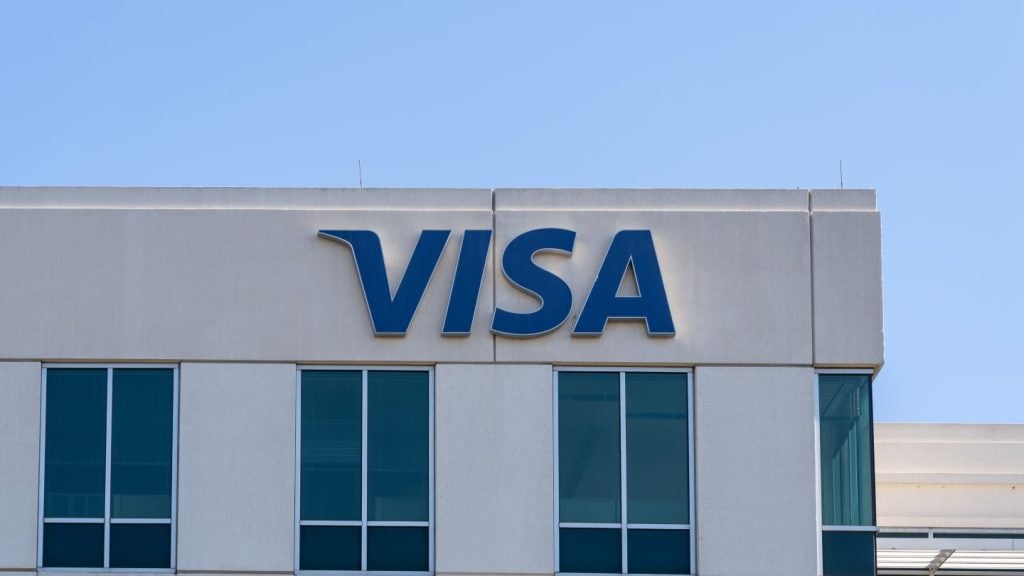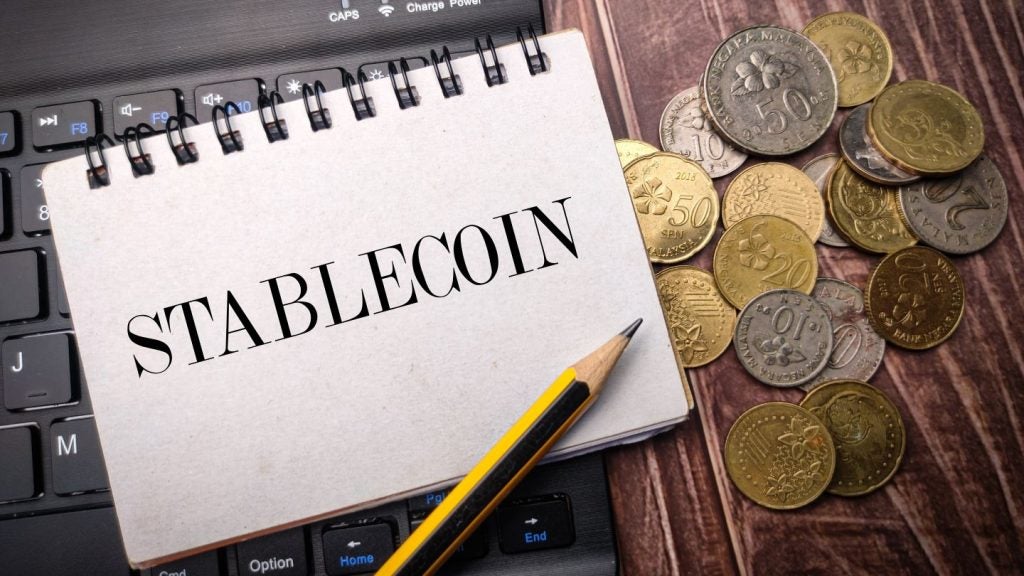A national electonic ID card is the holy grail of non-cash payments – a countrywide closed loop system that makes it simple for anyone to buy anything, quickly and securely. This is the dream that Nigeria is now closer than ever to achieving. Anna Milne reports

The Nigerian e-ID card ensures a unique ID of everyone aged 16 years and above and access to financial services to everyone who has it. For the last thirty years the government has been trying to put this in place and this roll out finally means that 70% of Nigerians will gain access to financial services for the very first time.
Tunji Durodola, NIMC’s head of card management services told CI the obtainment of biometric data will take a couple of years due to the sheer population size.
"There is a surge at the moment, says Durodola, "And we expect to either sustain this momentum or increase it over time."
A deadline has not yet been set by the government. At present enrolment is on a voluntary basis but at some point a deadline date will be set, most likely once all target groups are enrolled. Priority target groups include farmers, pensioners, civil servants and students. At the launch the federal minister for agriculture spoke about integrating the ID of about 14m to 15m farmers onto this platform to be paid government subsidies. For the first time the government will be able to identify exactly whom it is paying.
Enrolment, collection of biometric data and issuance are ongoing, handled by the government agency National Identity Management Commission (NIMC). The payment services are provided by MasterCard. The scheme is backed up by an act of parliament making it the law to obtain the card. Enrolment began in 2013, and the issuance of the first card to president Goodluck Jonathan in August 2014 showed him using it straight away to carry out transactions.
How do you go about onboarding millions of people?
Two options exist. The quicker is to visit a ‘pre-enrolment’ portal and submit most of the required information online, taking a printout of the resulting QR code to an enrolment centre where one’s biometrics are duly captured. The second option consists purely of form filling-in at the enrolment centre before biometric data capture.
"Eventually, iris scanning will be included also, the scheme is based on snippets from India, Malaysia and Germany," Durodola explains.
Funding, acceptance of the concepts and government approval are, according to Durodola, the biggest hurdle to overcome. He blames "complexities in the peculiar Nigerian system" for it not being rolled out sooner.
There was widespread public concern about uploading biometric and banking data on one card and of MasterCard having access to such personal information. However, the biometric data and the payment functionality, while sharing a card platform, do not share databases and MasterCard does not have access to this information.
"Most Nigerians are extremely excited about the payment functionality. The minority who (as with any new concept) do not understand the concept deserve to be heard, but I believe over time will be won over. Do we remember all the comments about the iPhone in 2007? Including those of ‘experts in the mobile industry’ who scoffed and scorned at a phone that didn’t have a keyboard and required your finger? A whole seven years ago!"
Durodola is confident of the schemes ultimate success – "Too much has gone into the scheme for it to fail and all eyes are watching. The Federal Government of Nigeria is totally committed to its success."
A major consequence is the ability to start building a credit history. Most Nigerians have no means of building a credit history, as they have no means of banking, microfinance or otherwise.
The national eID card’s payment functionality is a game changer
Cardholders in the farthest reach of the country will now be able to build a reliable credit history over time.
"The eID functionality along with the National Identification Number (NIN) will also provide a means of identifying an individual without the need for lengthy and oftentimes unavailable documentation for credit assessment," Durodola says.
The government has said that come the 2019 election, the next one being 2015, no one will be able to vote without having a national ID card.
In a MasterCard study of cash-based economies- aka shadow economies- Nigeria ranked with Thailand to have the largest in the world. There is great cost involved in managing so much cash- to transport, protect and destroy it.
"So much so that Central Bank Nigeria has put a price tag on it, calculating the cost of dealing with cash to that economy at around 1.5% of the country’s GDP," says Daniel Monehin, MasterCard’s division president for Sub-Saharan Africa.
"Shadow economies drive social ills, corruption and violence; it’s a lose-lose situation all round. We also recognise that that’s the form of payment most people know and have been using for several decades therefore adopting a new form of payment will be a gradual transition. This transition has started because of the Central Bank of Nigeria’s cashless initiative in 2012 to drive electronic payments up and cash down."
In our opinion, this is about the largest financial inclusion programme in Africa and probably the world so this is a very exciting development, explains Monehin.
Tunji Durodola said: "Without going into specific numbers, at the last check, it is understood that there is an excess of N3tr cash in the Nigerian economy, mainly due to the fact that most Nigerians are unbanked. That is about 100m Nigerians. If we say that the National eID card scheme introduces a potential 80m ATM cards, we expect liquidity to be reduced by at least 30-45% over a three year period."
E-ID is a significant investment. MasterCard has made a lot of investment in this area generally, not specific to this e-ID launch and has integrated its prepaid technology with other solutions on the chip which it has not done before. The technology used is similar to that used in the SASSA (South African Social Security Agency) programme. On the Nigerian government’s part, there has been significant investment on servers, on the database system, building the firewalls- all the reasons for failure on previous attempts.
This time it is going to work
"MasterCard’s vision is a world beyond cash. This technology is not new for the Nigeria project but a number of countries are looking at what we’re doing in Nigeria, this being an example of a good case study- one they would like to emulate," says Monehin.
He says MasterCard has received enquiries from governments in Africa, Asia and South America who are seeing the e-ID card as a way to bring services to people on a shared platform with more than one point of contact.
"This is the first time an electronic payment component has been added onto it. The government’s idea is to make it a multi-purpose project, and a transparent one involving the private sector, knowing full well that the private sector will help in the sustainability of the project. They’ve learned from previous failed attempts to utilise the private sector to ensure sustainability and proper implementation," says Monehin.
A huge impact of the card is the government-to-person payments system becoming revolutionised, especially for farmers, civil servants, pensioners and students.
"It’s a multi-faceted impact that we envisage as a whole. It’s impossible to predict the extent and breadth- we believe that it’s going to be very extensive. But right now we can see that G2P payments will become transparent. At the launch the minister of finance said ‘now for the first time we know for sure who we’re paying’. So they’ve been out on a limb before and there’s been a lot of guesswork- it was not an exact science. As a result the government was not able to deliver many targeted social benefit programmes because they didn’t know who was who and who was where so they couldn’t target the individual."
For the first time there is transparency, visibility and reduced fraud around social benefits. Payments of pensions, for example, have been the bane of Nigerian civil service for years.
The farming sector employs the largest number of people in Nigeria- about 60% to 70% of the population is employed in some capacity in farming. According to the minister of agriculture, 14m to 15m farmers are registered and should receive a lot of support from the government- from fertiliser subsidies to seeds, etc.
"Again for the first time, there is clarity in where money is going, which is huge. The cost of paying this large number of people across Nigeria is very expensive. The government can target the individuals they really want to support, without leakages.
"On the business side, SMEs account for the largest employer of labour in any economy, including Nigeria. Due to the ID component of the card they will now be able to build credit history because the financial institutions they deal with will be able to recognise the individual."
This will help the growth of SMEs in accessing the financial support they need to expand their business. Currently there is very limited funding for SMEs because it’s too difficult to see who is who. The concept of a social security number or National Insurance is so ingrained in some countries it is taken for granted- identity being tied to working history is crucial to development and growth.
SMEs, in the eyes of banks, were not unique enough and not specific enough therefore KYC was just guesswork, hence the bulk of lending in Nigeria going to corporates because they have a visible identity.
"Less than four years ago there were less than 10,000 POS devices in Nigeria. But now there are over 150,000 devices and we also believe there is room to grow and grow quickly with less expensive devices like mPOS.
"There are the ‘Cadillac of POS devices’ that you see in hotels or regular stores in North America – four to six hundred dollars a pop- but mPOS will boom- they provide the same regularity and security."
He sees the mPOS acceptance area as a pyramid, the supermarkets and hotels at the top of which have been targeted. MPOS is opening the middle to lower tiers of the pyramid and accelerating the country’s agency banking policy that was introduced last year.
Agency banking is the provision of financial services to customers by a third party (agent) on behalf of a licensed deposit taking financial institution and/or mobile money operator.
In terms of branch expansion, Monehin believes the pressure on the physical branch will be greatly relieved as electronic payments increase. However, agency banking is likely to grow further.
The second largest telco in the market, Globalcom, announced in August the launch of 1,000 mobile money agents into the market. To put that in context, Safaricom has about 100,000 agents in Kenya. MasterCard is going to offer to roll out 500,000 mobile money agents who will conduct transactions such as transfers, P2P and bill payments, simple across-the-counter transactions and opening accounts.
MasterCard has been involved in this programme for three years already. At the launch, presidential directives were issued to all government agencies to align with this programme and adopt it as the primary source of identity and payments for the citizens. For Monehin, the biggest concern was to put so much into it and not have it used.
Access Bank is the pilot issuing bank but in time other banks will be behind the e-ID card and they will find a way of reaching the cardholder and offering services to them. NIMC will decide which banks are on board.







